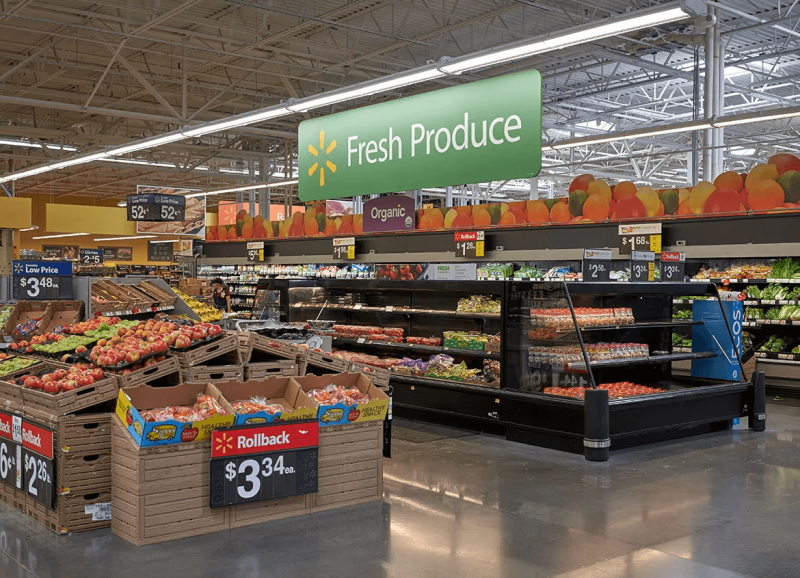Pollinators include butterflies and moths, birds, bats, beetles and many more, and without them some of our favorite foods wouldn’t exist.
Yet studies show these vital pollinator populations have been declining over the last 30 years due to loss of habitat, pests, pollution, pesticides and a changing climate, among other contributing factors.
To help improve pollinator health and biodiversity in the regions in which we operate, Walmart U.S. is announcing new pollinator commitments that will further our efforts to help reverse nature loss.
…
One of the contributors to pollinator decline is the use of pesticides. Pollinator exposure to pesticides can be reduced by minimizing the use of pesticides, incorporating alternative forms of pest control and adopting a range of specific application practices through an Integrated Pest Management system. Therefore, Walmart U.S. is committing to source 100% of the fresh produce and floral we sell in our in-store produce department from suppliers that adopt IPM practices.
We are also encouraging fresh produce suppliers to phase out use of chlorpyrifos and nitroguanidine neonicotinoids pesticides (where applicable unless mandated otherwise by law), avoid replacing them with other products with a level I bee precaution rating and assess and report annual progress.































